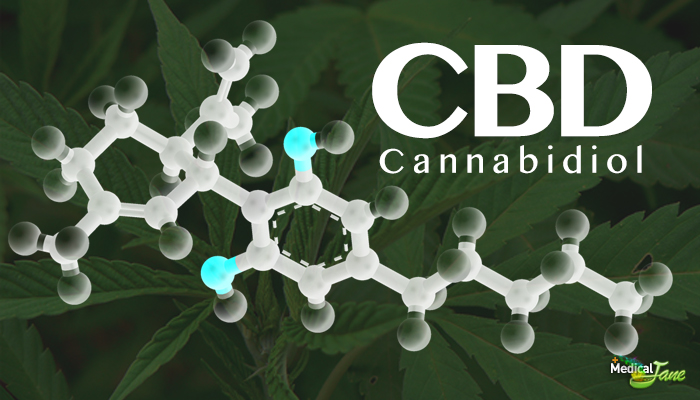
“Since the discovery of the endocannabinoids [eCB; anandamide and 2-arachidonoylglycerol (2-AG), various pathological conditions were shown to increase the eCB tone and to inhibit molecular mechanisms that are involved in the production, release, and diffusion of harmful mediators such as proinflammatory cytokines or excess glutamate.
In this issue of PNAS, Witting et al. demonstrate that, unexpectedly and contrary to the effects of other brain diseases, cell damage induced by experimental autoimmune encephalomyelitis (EAE), an immune-mediated disease widely used as a laboratory model of multiple sclerosis (MS), does not lead to enhancement of eCB levels, although the cannabinoid receptors remain functional.
Nearly two decades ago, Lyman et al. reported that Δ9-THC, the psychoactive component of marijuana, suppresses the symptoms of EAE. A few years later, Wirguin et al. reported the same effect by Δ8-THC, a more stable and less psychotropic analogue of Δ9-THC.
Thus, THC was shown to inhibit both clinical and histological signs of EAE even before the endocannabinoids were described.
THC was also shown to control spasticity and tremor in chronic relapsing EAE, a further autoimmune model of MS , and to inhibit glutamate release via activation of the CB1-cannabinoid receptor in EAE. Moreover, mice deficient in the cannabinoid receptor CB1 tolerate inflammatory and excitotoxic insults poorly and develop substantial neurodegeneration after immune attack in EAE.
Thus, the brain loses some of its endogenous neuroprotective capacity, but it may still respond to exogenous treatment with 2-AG or other CB1 agonists. Assuming that the biochemical changes taking place in the EAE model of MS are similar to those in MS itself, these results represent a biochemical-based support to the positive outcome noted with cannabinoid therapy in MS.
These data suggest that the high level of IFN-γ in the CNS, noted in mice with EAE, disrupts eCB-mediated neuroprotection, while maintaining functional cannabinoid receptors, thus providing additional support for the use of cannabinoid-based medicine to treat MS.”
http://www.ncbi.nlm.nih.gov/pmc/articles/PMC1458835/







